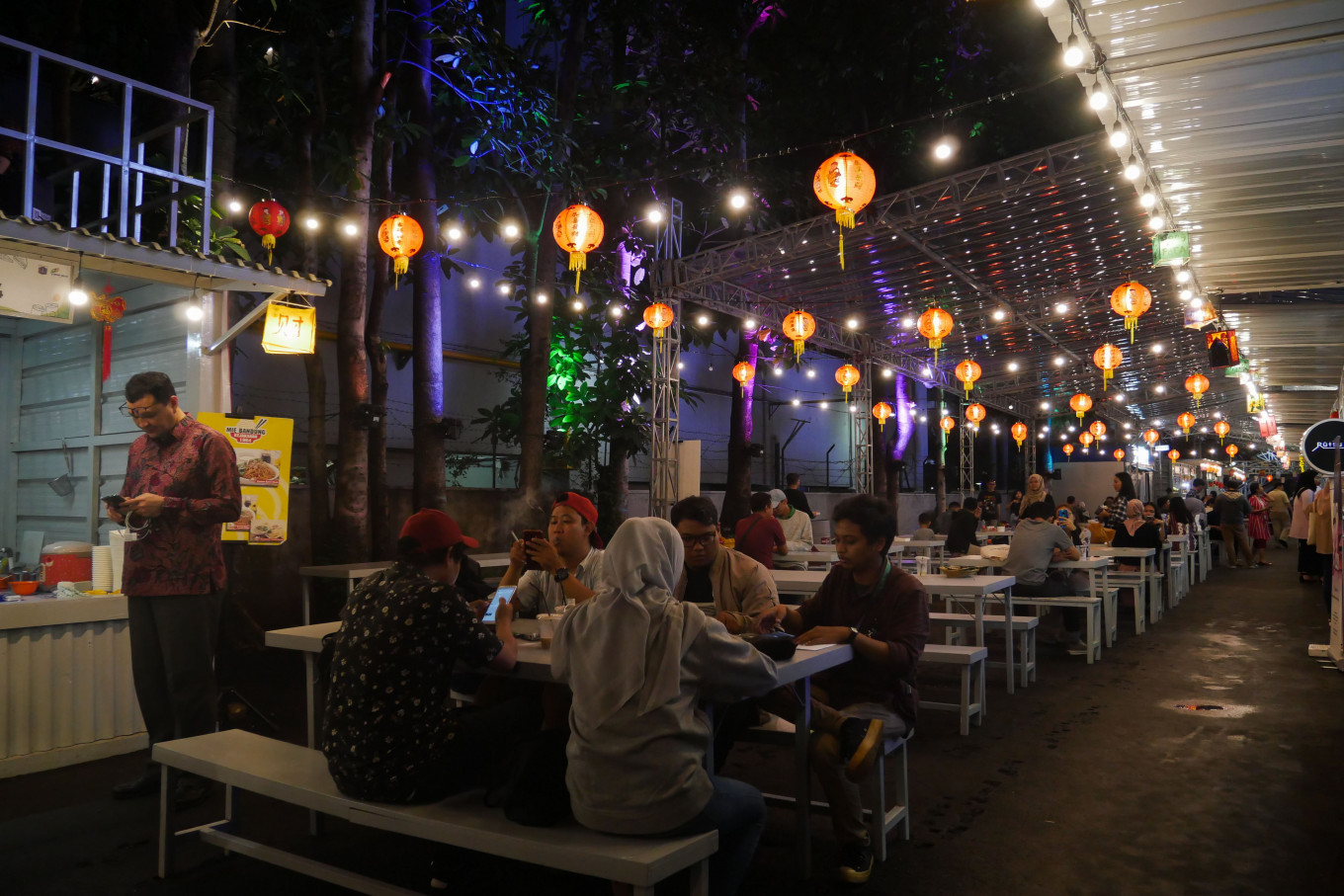Welcoming the Year of the Ox
This sensitive issue of economic disparity has surfaced on multiple occasions in the history of Indonesia.
Change text size
Gift Premium Articles
to Anyone

F
or the second year running in Indonesia, people will be celebrating Chinese New Year under COVID-19 restrictions. Followers of other traditions and faiths, too, will endure the same bitterness they felt last year if the pandemic lingers through Idul Fitri, Idul Adha (Muslim day of sacrifice), Easter, Christmas and other holidays.
We can only hope this global crisis ends soon, although Indonesians always seek a blessing in disguise – in whatever trouble they face.
People around the world have been living in fear and anxiety because no one knows when the pandemic will be over. But despite the angst and sorrow, this year’s Lunar New Year, which falls tomorrow, still offers an opportunity to reflect and to renew our commitment to life in the year ahead.
What can we hope for in the year of metal ox, which according to astrological predictions is the year of career advancement, achievement in business, wealth and profitability? Some believe the power of metal will emanate at its full strength this year, which is why fortune tellers have advised trying one’s luck in new enterprises.
Many Indonesians of Chinese descent have expressed their gratitude to the country’s fourth president, the late Abdurrahman “Gus Dur” Wahid, who governed from 1999 to 2001. The former Nahdlatul Ulama (NU) chairman lifted the 32-year ban on the celebration of the holiday. It was also Gus Dur who removed many laws, government regulations and bylaws that discriminated against Chinese-Indonesians, such as the prohibition of Chinese names and characters.
Gus Dur’s successor, Megawati Soekarnoputri, declared the Lunar New Year a national holiday in 2003. This was an encouraging development in the nation’s commitment to plurality and equality for all.
Discrimination had prevailed under the rule of Soeharto, who assumed power after an abortive coup blamed on the Indonesian Communist Party (PKI). He accused China of backing the PKI, and used this claim as grounds to oppress people of Chinese descent. Under Soeharto, only the economic sector was open to the minority group.
Ethnically Chinese Indonesians make up less than 3 percent of the nation’s 279 million people, but in the economy, they play a major role. Some say they are minority in terms of quantity but are majority in terms of economic might. This sensitive issue of economic disparity has surfaced on multiple occasions in the history of Indonesia, the most recent and among the most tragic being the riots targeting Chinese-Indonesians at the end of Soeharto’s rule in May 1998.
The Lunar New Year is not strictly a religious celebration in Indonesia but more a cultural event. Red lanterns and other Chinese cultural symbols decorate shopping malls and buildings in Jakarta and other cities to create a merry atmosphere.
Over the past two decades, members of all ethnicities have come to enjoy the Lunar New Year. If only the pandemic had not hit, lion dances would have been performed in many housing complexes and kids would have been lined up for angpao, or red envelopes containing money.
Happy Year of the Metal Ox to everyone who celebrates this very special day. Gong xi fa cai, wishing you happiness and prosperity.









